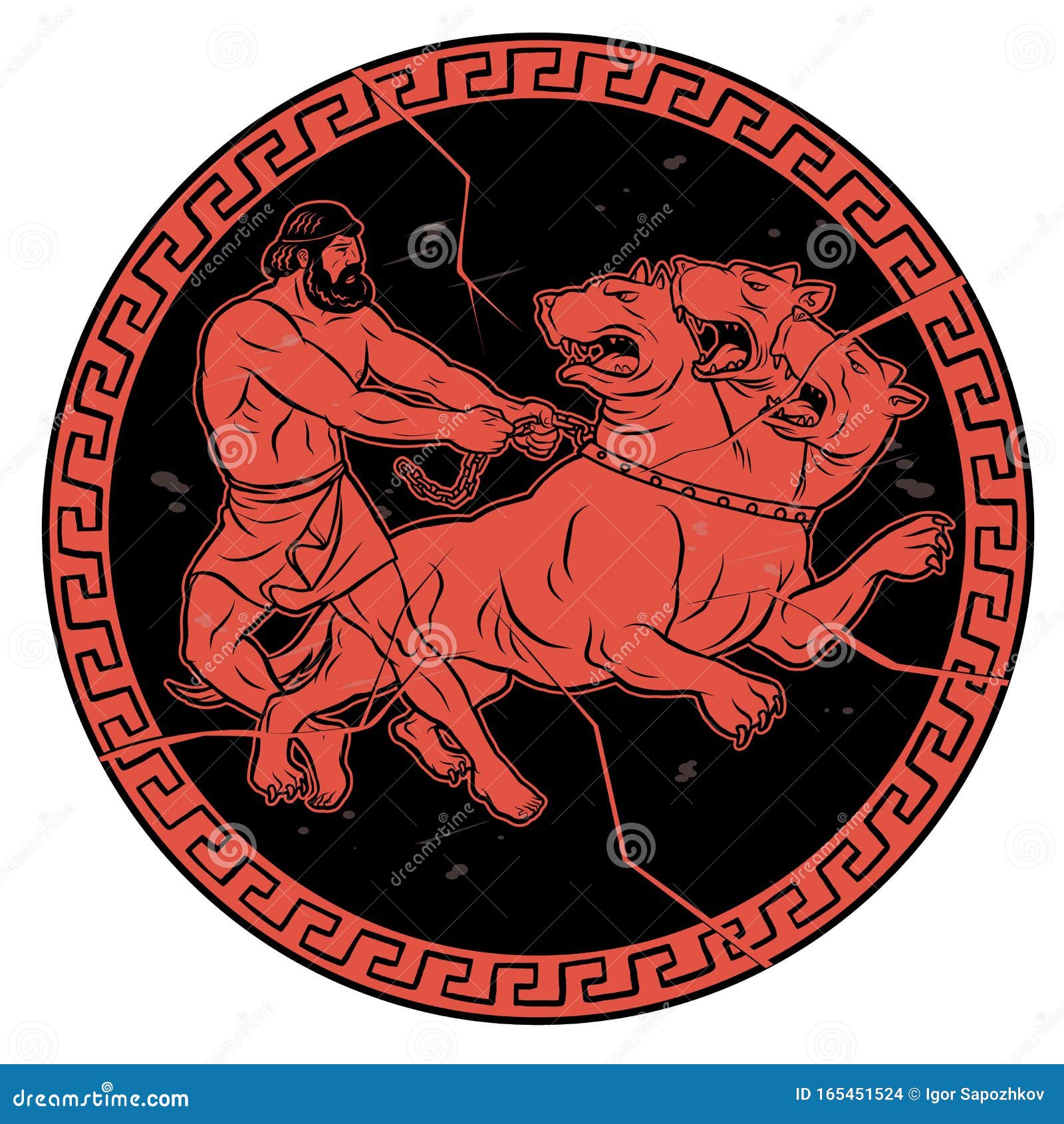
The meanings Americans attach to “God bless America” are ambiguous.


The biblical benediction in Numbers, “The Lord bless you and keep you …and give you peace,” has been simplified to affirm America the innocent and that God will give us victory in war. When the slogan appears on banks or buses or car bumpers, is it there because we are sure God is on our side, or should be on our side because we are so religious, or are unsure God is now protecting us because allowing 9/11 resulted from our sins. Twentieth-century Americans wish to believe that our democracy and not our policies caused 9/11. The only response demanded of Americans seems to be patriotic support of the war on terrorism. I only saw one sign that reversed the equation, “America bless God,” but that would have required actions from us rather than the deity. The issue for this lecture is simply: was America’s use of religious images to justify our military response different in kind from Al Qaeda’s invoking of jihad? Is the link between organized religion and war historically as well as theoretically inevitable? The first section of this paper will analyze the words in the title to illustrate the difficulties in even defining our subject.

The second will look at favorable attitudes toward war in the formative or canonical documents of Judaism, Christianity, Islam, Hinduism, and Buddhism.


 0 kommentar(er)
0 kommentar(er)
